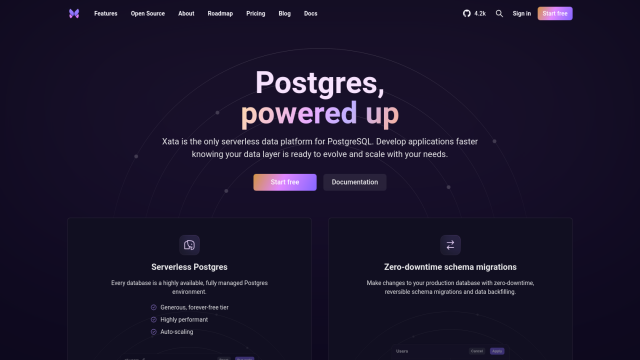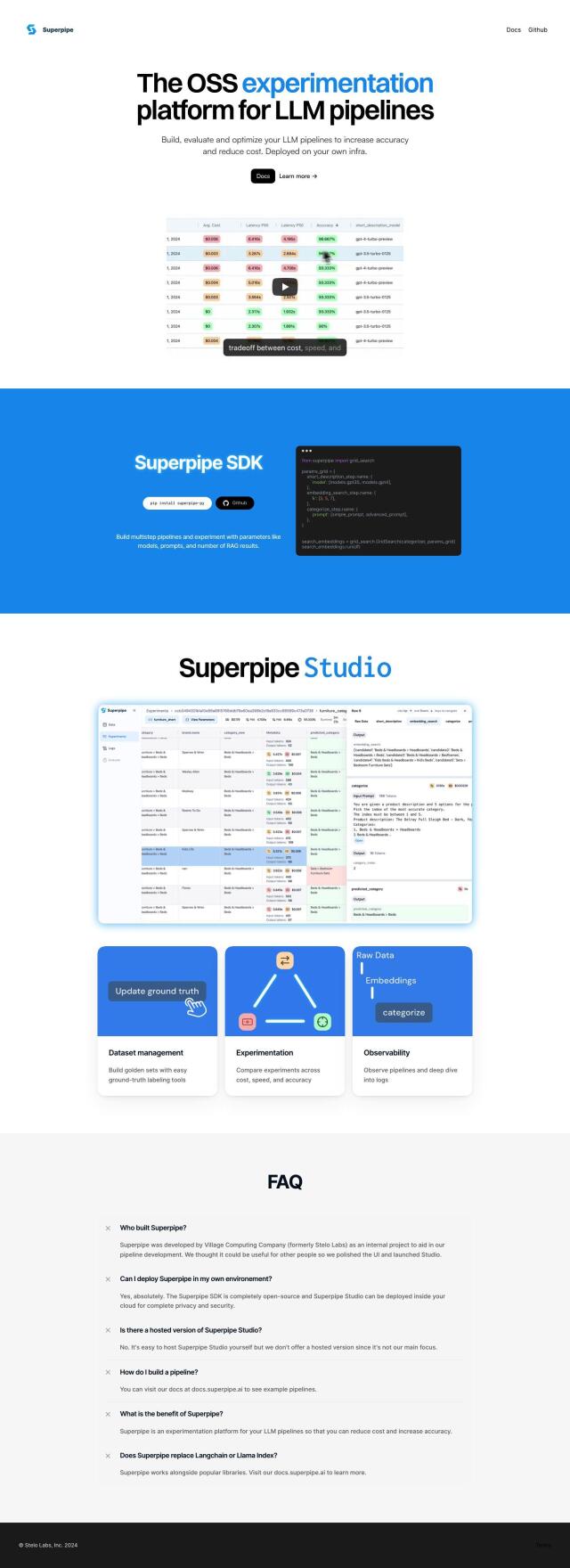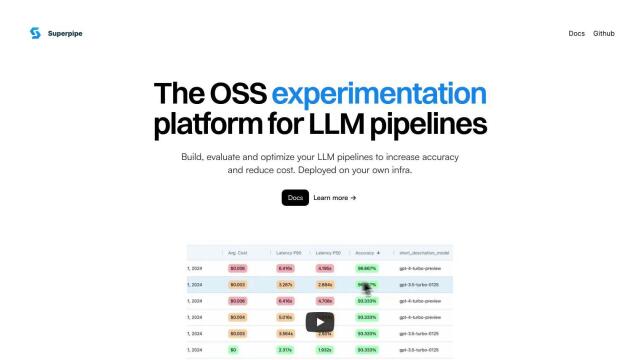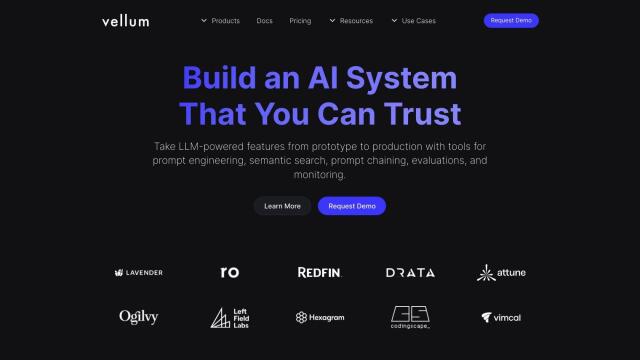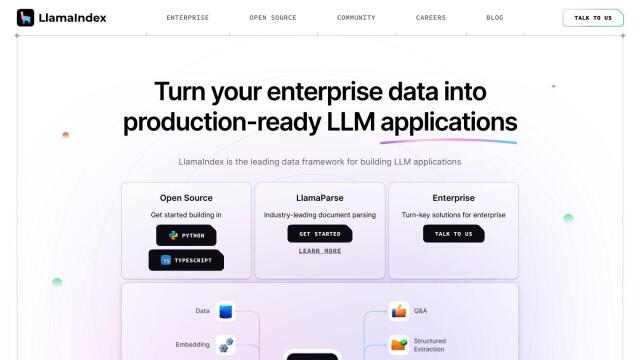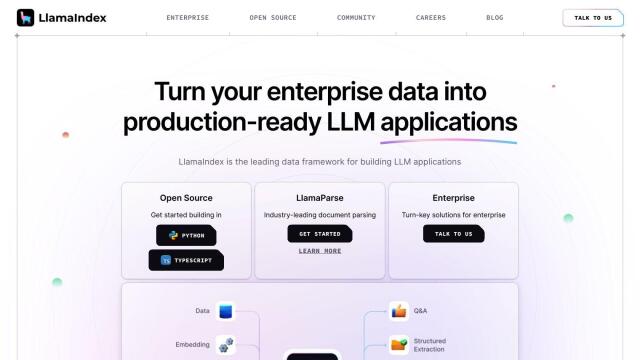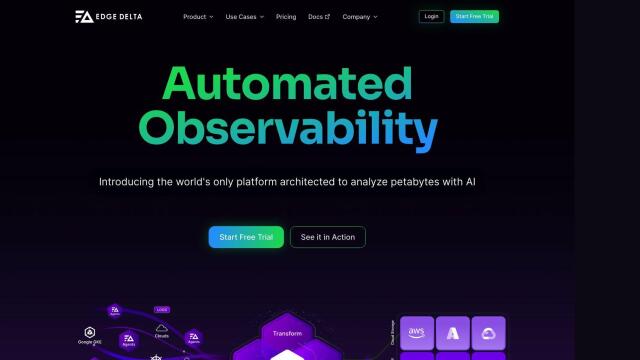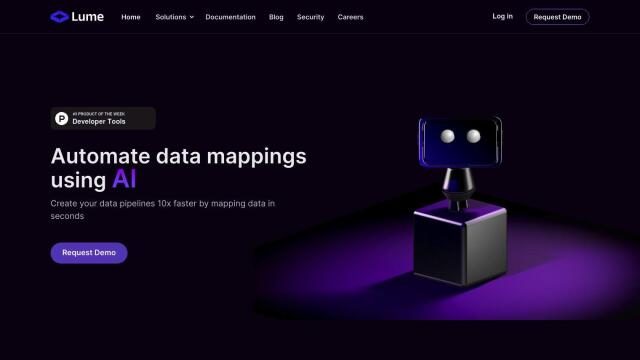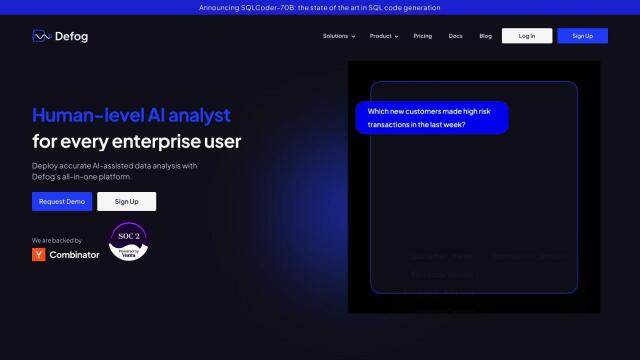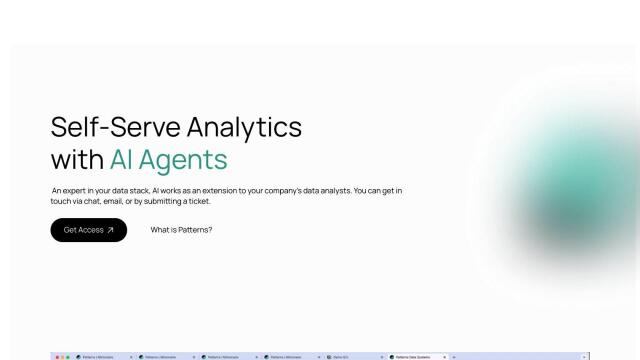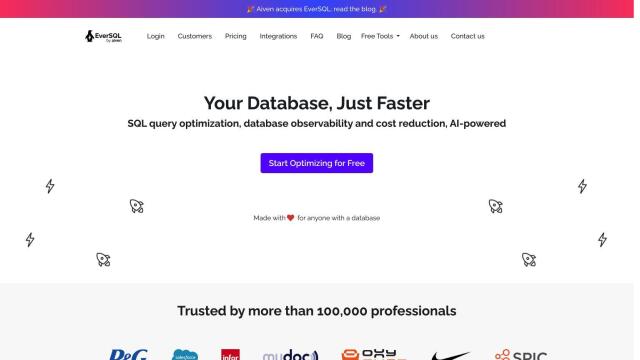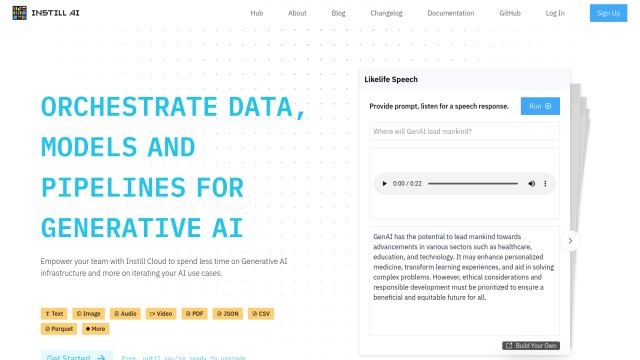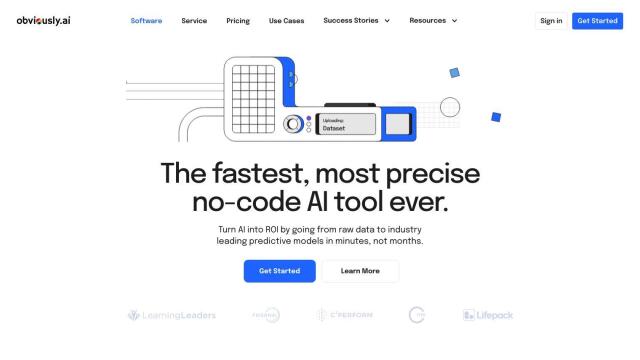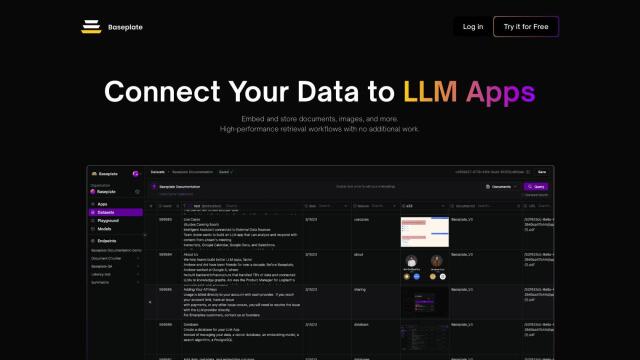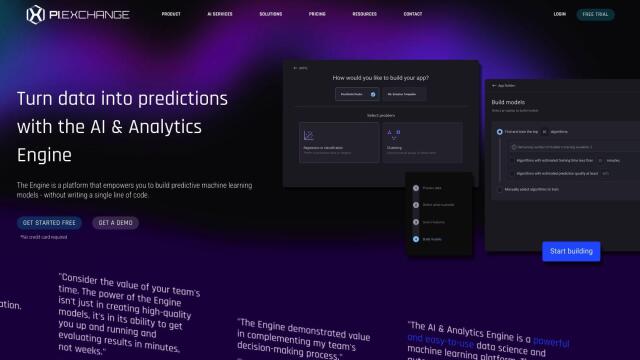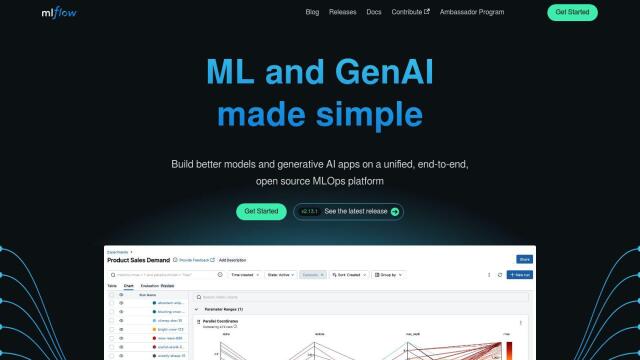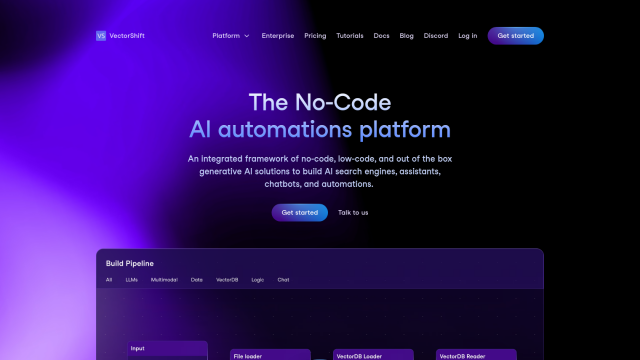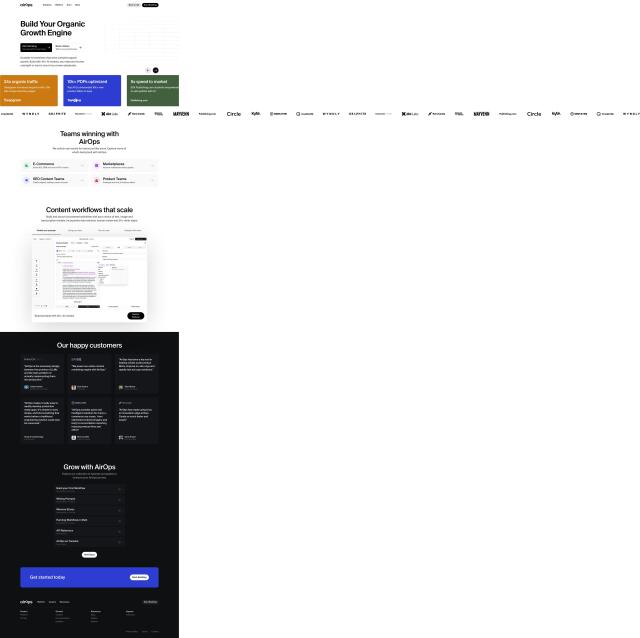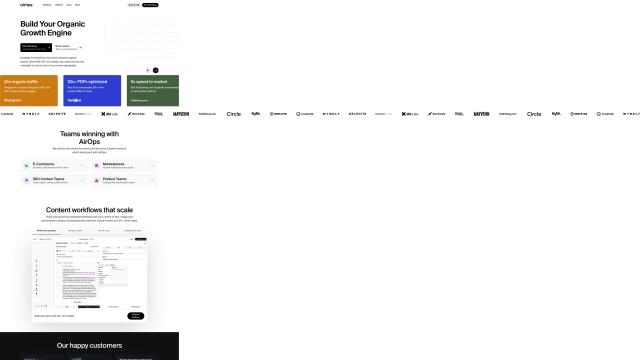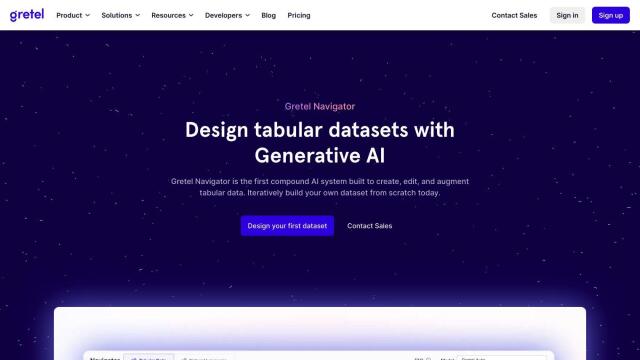Question: Is there a data pipeline that allows me to query and forward logs from OpenAI requests to PostgreSQL?

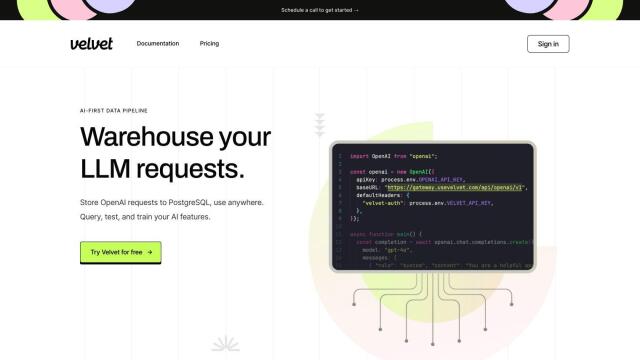
Velvet
If you're looking for a data pipeline that lets you query and forward logs from OpenAI requests to PostgreSQL, Velvet is a top pick. Velvet is an AI-first data pipeline built for software engineers to capture and warehouse large language model (LLM) requests to PostgreSQL. It includes features like fine-grained querying of LLM data, forwarding logs to any service with full data context, and monitoring model and feature performance. It supports OpenAI and PostgreSQL, so it's a good choice for optimizing model usage, testing and iterating on features locally, and sending requests to proxy services.
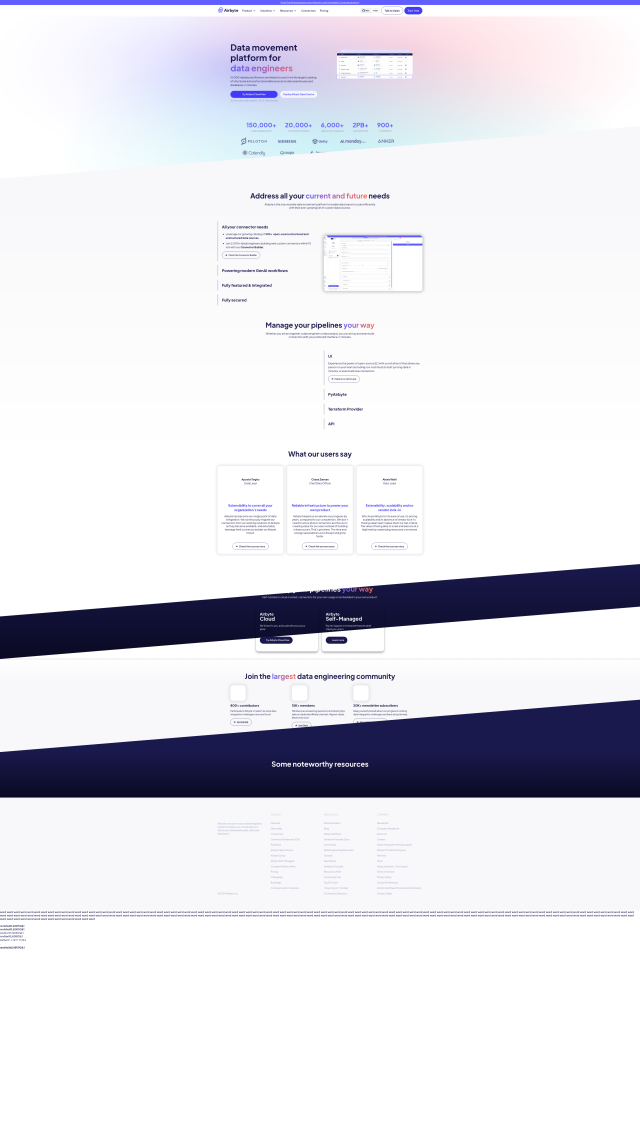
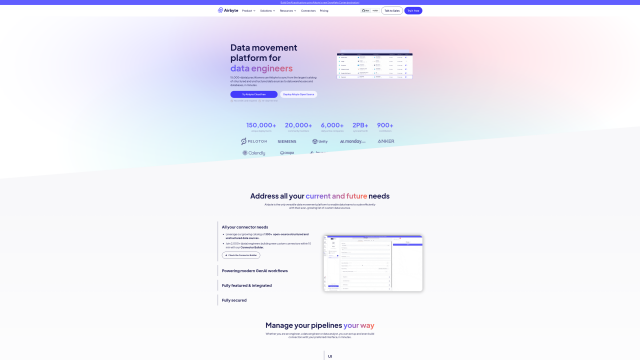
Airbyte
Another option is Airbyte, an open-source data integration platform that lets you move data from more than 300 sources of structured and unstructured data to many destinations, including PostgreSQL. With its wide range of connectors and features like automated schema evolution and security compliance, Airbyte is good for companies with big and small data integration needs. It also supports OpenAI, so it can be used for data pipelines to a wide range of services.

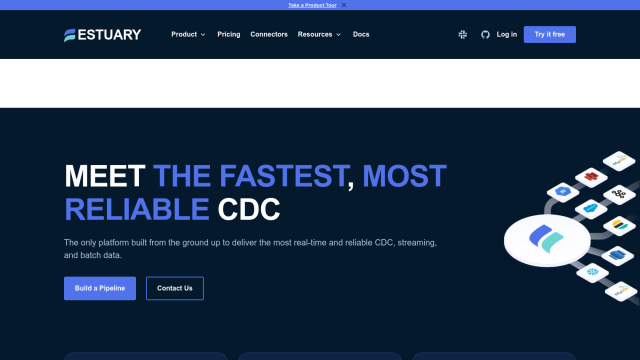
Estuary
If you need a real-time data integration platform, Estuary has a lot to offer, including 100+ no-code connectors, stream-store-replay for storing and replaying data, and automated pipelines with schema evolution. Estuary is good for agile DataOps, with sub-100ms end-to-end latency and flexible materializations, so it's good for capturing and processing data in real-time.
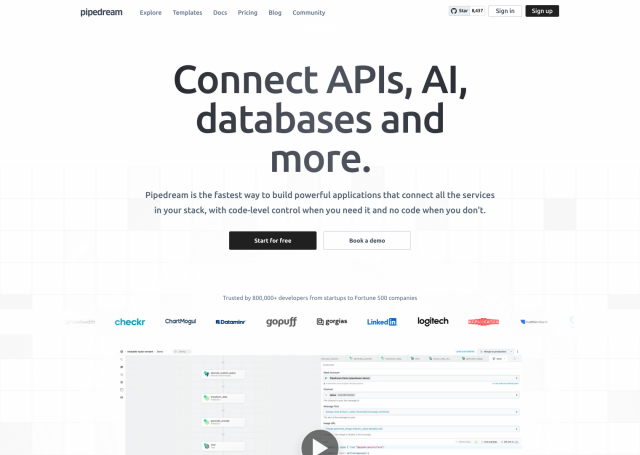
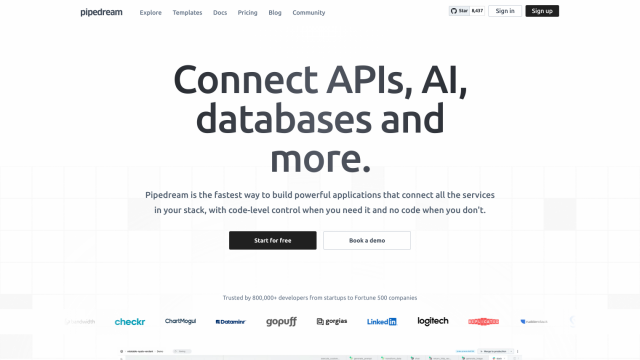
Pipedream
Finally, Pipedream is an environment where developers can build complex applications with low-level code control and no-code interfaces. It supports more than 2,100 APIs, including OpenAI, and lets you deploy instantly without worrying about servers. Pipedream's low-code approach and broad API integration abilities make it a good choice for integrating data pipelines with a wide range of services.

